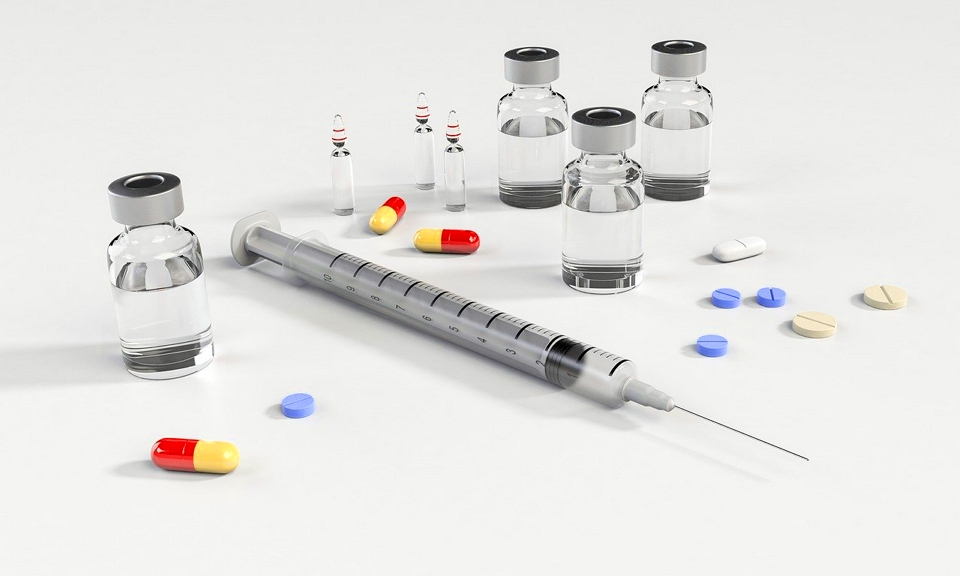
One Korean patient was prescribed over 10,000 tablets of nine different narcotics at a single hospital in a single day, government data showed. Experts are calling for the regulator’s tighter control over narcotic drugs.
According to the data by the Ministry of Food and Drug Safety (MFDS) submitted to Rep. Kim Young-joo of the Democratic Party of Korea, a male cancer patient in his 50s was prescribed a total of 10,137 tablets of nine different types of narcotic drugs in one day at a medical center. Those drugs are believed to be opioid pain relievers.
A man in his 40s received prescriptions for 4,763 tablets of 10 different narcotic drugs, such as diazepam, lorazepam, and zolpidem, during 20 visits to two medical centers within a day. Diazepam and lorazepam are indicated for various conditions including anxiety disorder and insomnia. Zolpidem is used for insomnia. These prescriptions are believed to have been issued by a large hospital in Seoul and a hospital in Changwon.
A woman in her 50s received prescriptions for 289 medical narcotic tablets in one day, visiting three clinics and one hospital in Daegu, including two internal medicine clinics and one mental health clinic.
The MFDS analyzes prescription data from the integrated drug management system to alert doctors who deviate from prescription standards, monitor their progress, and, if necessary, request local governments to take administrative action if medical validity is not acknowledged.
Yet, there is no system in place to prevent patients from obtaining prescriptions by visiting multiple medical institutions
The drug regulator operates a network, called the Medical Shopping Prevention Information Network, to prevent “drug shopping.”
However, only 10.6 percent of doctors prescribing medical drugs, or 11,013 out of 103,971, are registered on this network. Only 1 percent of doctors prescribing medical narcotics use the network.
Hence, there is a need to enhance the system by promoting the utilization of the Medical Shopping Prevention Information Network and implementing regulations that prevent the prescription of narcotics to drug-shopping patients.
“The ease with which one person can receive over 10,000 narcotics in a single day highlights the shortcomings of the medical narcotics prescription system,” Rep. Kim said.
“We need stringent measures, including a comprehensive investigation of medical institutions that repeatedly prescribe multiple types of narcotics to a single patient and referral for further investigation if violations are identified.”
Related articles
- Narcotic prescription through telemedicine increased sharply
- Calls mount to ban doctors' self-prescription of narcotics
- 1 out of 10 doctors in Korea self-prescribed narcotic drugs in 2020-2023: report
- Regulator to warn doctors prone to overprescribe ADHD drug methylphenidate
- ‘60,000 illegal prescriptions of narcotics made during temporary telemedicine period’

